We are all guilty of experiencing jealousy in relationships. In fact, it is not necessarily a bad thing. It can be somewhat reassuring and endearing. There is something cute about your partner frowning at people who find you attractive. But it stops being cute when retroactive jealousy makes an entry.
Jealousy can become a concern when it gets obsessive. A Cambridge study defines this as morbid jealousy, often characterized by unacceptable/extreme behavior due to preoccupation with a partner’s unfaithfulness, without solid evidence. And, in some cases, like in retroactive envy, the perceived rival is not even in the picture. The obsessive thoughts will be about a partner’s past relationship or a partner’s exes.
Read on to learn more about retroactive or retrospective jealousy and what you need to do to tackle it. We will also tell you how to overcome romantic jealousy, whether within yourself or your partner.
What Causes Retroactive Jealousy?
Table of Contents
Before we explore the causes of retroactive jealousy, it’s important to define it by throwing some light on what retrospective or retroactive envy/jealousy can look like.
Your partner asked you about your ex quite innocently. But the casual “Hey, what was your ex like?” should have put you on alert. And you don’t like the fact that it brought up some unwanted thoughts about your past experiences. What you also didn’t know was that your answer would start your ugly and murky journey through your partner’s retrospective jealousy.
So, you may have mentioned some good aspects of your past romantic history and your ex, without much thought. At this point, you probably thought since you have boundaries in your friendship with your ex, it wouldn’t matter to your current partner.
But, your ex seems to be coming up a lot in conversations. Your partner brings up your former lover in discussions, in arguments, and even on romantic nights. Suddenly what seemed like the perfect blending of souls is turning into a nightmare.
What you are experiencing is retroactive jealousy, where your partner feels threatened by your past relationship/s. Interestingly, sometimes, you could be the one obsessing about your partner’s exes.
Retroactive envy causes
The causes of feelings of retroactive jealousy are many. Research shows that feeling of insecurity are a major contributor to jealousy. It could be bout your abilities, looks, or incapacity to be what you think your partner wants. Closely attached to this is low self-esteem, where constant comparisons with the partner’s ex or past relationships crop up. Unfortunately, this is often at the expense of the current relationship.
Past relationships can affect the current relationship in many ways. Instances of betrayal and abandonment can play a role. You may project your insecurity due to a lack of trust or fear of abandonment. The same applies to a display of an anxious attachment style. Your current partner’s feelings tend not to matter when intense jealousy creeps in.
Finally, partner idealizing results in the need to present a perfect front at all times. If the current relationship does not live up to the idealization, there may be obsessions about past partners who may have come closer to fitting the bill.
Characteristics Of Retroactive Jealousy

It is important to recognize if you or your partner is suffering from this destructive form of jealousy. Behavioral changes, in such cases, become apparent quite fast. Sufferers can, over time, develop mental health conditions. Their day-to-day activities can be affected too. So, how does unhealthy jealousy manifest in a relationship? Watch out for these common signs:
- Intrusive thoughts: Severe retroactive jealousy manifests in obsessive and intrusive negative thoughts centering on the partner’s past relationships or sexual encounters
- Intense curiosity: Retrospective jealousy is like a hunger that cannot be satisfied. The sufferer has an intense curiosity about their partner’s past. They will go out of their way to seek information, no matter how hurtful, including any facts about the partner’s sexual history
- Imagining and re-imagining scenarios: Someone suffering from retroactive jealous feelings is on a constant overdrive. They spend countless hours imagining and re-imagining scenarios with two key players: their partner and their partner’s ex
- Ruminating about the partner’s past: Sufferers tend to obsessively imagine how their partner’s life with the ex was. The repetitive and intrusive thoughts lead to feeling insecure, obsessive, and jealous
- Excessive curiosity about the partner’s past relationships: Those suffering from this type of envy have a strong desire to know everything about their partners’ past relationships. They may spend hours searching for such information, going over their partners’ text messages and call logs, often to the detriment of their daily lives
Related Reading: Jealousy In A Relationship Is Most Often An Indication Of These 9 Things: An Expert’s View
What Triggers Retroactive Jealousy Episodes?
Retroactive envy triggers are many and will depend on the individual. We all have varying sensitivity levels and may attach importance to things that others may not. But, we can summarize some of the triggers as follows:
- Conversations about past relationships: The golden rule in relationships should be to leave the past right where it is. But, sometimes, you or your partner may go on an unsolicited walk down memory lane. You may bring up some of the fun, intimate moments with the exes. However, such conversations can easily cause jealousy and insecurity
- Social media: Studies show linkages between retroactive envy and jealousy. Ongoing interactions between your partner and their exes on social media can be a significant trigger.
Reminders and keepsakes: Keepsakes are a reminder of the love and fun times you shared with your former partners. But stumbling across love letters, expensive gifts, and cozy photos can negatively impact your partner’s feelings - Ongoing communication with the ex: Sometimes, a couple may part amicably and will continue to be friends after the romantic relationship ends. But, those regular drink-ups, texts, and calls can evoke jealous feelings and insecurity
- Shared social circles: Breaking up with your ex doesn’t mean you have to break up with your shared friends too. But now you bring along your current partner, who has to listen to stories and accept your past relationship. It can be tough for them to hear how wonderful your ex was, without a niggling doubt starting to rear its ugly head about how good they themselves are. And, of course, there is jealousy
- Comparisons: Many of us have been guilty of comparing our current partners with an ex. So, there are some things that the ‘old flame’ did so well that you can’t help but mention it occasionally. Eventually, your partner will feel belittled, as this can be a blow to their self-esteem
It’s important to take note of the retroactive jealousy triggers and to avoid them for the sake of your mental health and relationship. If you don’t, there are consequences you need to be aware of.
How Does Retroactive Envy Impact You?
Does retroactive envy have an impact? Absolutely yes, and sometimes it can get so intense that both of you may need the help of trained counselors to get over it. The biggest challenge is that the threats from the perceived ex are mere thoughts. The individual imagines what is happening and can paint whatever scenario suits their needs at that particular time.
You are in a tough position if you are on the receiving end of retroactive envy. Being in a relationship with someone who constantly refers to your past romantic history can’t be easy. For you, it can lead to loss of self-worth, emotional distress, and exhaustion. Communicating with your partner will be hard, as they can get quite defensive if they feel you don’t understand them. It goes without saying that the union will become strained and may ultimately lead to a breakup.
Similarly, if you are the one suffering from retroactive envy, it doesn’t get any better. Emotional distress, decreased self esteem/self-worth, lack of trust, and difficulty in communicating are almost always the results. Obsessive thoughts and rumination will lead to retroactive jealousy OCD, meaning you’ll have obsessive and overwhelming thoughts about your partner’s history.
Related Reading: 7 Expert Tips To Help You Accept Your Partner’s Past
Will retroactive jealousy ever go away?
So, will retroactive envy ever go away? Several factors come into consideration when responding to this question. This includes the individual, the causes of the jealousy, and the efforts to address or manage it. With the right help and individual effort, it is possible to control this type of jealousy.
The individual must, for example, take time for self-reflection and personal growth. Revealing the underlying issues and addressing them is a critical step in reducing the intensity of the experience.
The current partner also has a significant role to play. One needs empathy, open communication, and understanding to deal with such jealousy. The individual displaying retroactive jealousy needs to be in an environment that supports their efforts to manage their emotions better.
Finally, couples therapy, whether face-to-face or online relationship counseling, is worth considering. The professionals in this domain have the expertise to uncover the root causes and offer coping strategies and tools.

Coping with retrospective jealousy

It is important to learn how not to be jealous in a relationship, and it entails getting the right coping mechanisms, whether you are the one suffering from retrospective jealousy or are in a relationship with someone who’s jealous. As we have already mentioned above, this type of envy will impact both of you quite negatively. The unhealthy preoccupation with a partner’s exes will eventually take a toll on both your and your partner’s mental health.
Leaving things as they are, and hoping things will get better, does not work either. But recognizing and implementing the right strategies early can help prevent the relationship from ending. Furthermore, this way, you get to maintain your mental health and can enjoy life and love more.
If you are wondering how to deal with a jealous partner with such retroactive envy, here are some coping strategies:
1. Show empathy and understanding
Start by realizing that your partner is going through an emotionally trying time. No one wants to live a life of constant questions, inadequacy, and insecurity. So, as hard as it is, try to be understanding and empathetic to your partner’s feelings. That means putting aside any judgment or anger, no matter how hard they push you.
2. Open up communication lines
Honesty and open communication are critical. Your partner needs to feel that they are in a safe space where they can express their concerns and fears. Listen actively and validate their concerns and emotions, even if you don’t necessarily agree with their perspective. Open communication will make it easier to say what you feel, without losing your cool.
3. Keep reassuring
You will be doing a lot of reassuring when dealing with a partner struggling with perceived threats. Show them that you are committed and present and that your past does not impact your love and dedication to them.
4. Establish boundaries
Establish boundaries clearly, outlining what is acceptable behavior. Express that you will not accept anything that crosses the line, including excessive control or jealousy.
5. Encourage them to seek therapy
If your partner cannot overcome their retroactive thoughts and it is taking over their lives, seek couples therapy. In fact, you may both need guidance and insights from the experts to navigate the relationship better. That way, you can both start the process of creating new memories that are special to your relationship.
Related Reading: 7 Expert Tips On How To Stop Being Controlled In A Relationship
If you have retrospective envy, here are some ways to approach it:
1. Self-awareness and acceptance
You cannot solve a problem if you do not accept that it exists. Thus, the critical role of self-awareness and acceptance is critical. Feeling jealous does not make you a bad person. So, have some compassion for yourself.
Self-awareness also means clarity about what makes you have irrational assumptions and thoughts. It means awareness about what you need to focus on. It also means not living in the past while neglecting the current situation.
Learn the crucial role of self-esteem in relationships and take time for self-care activities for your well-being. Finally, overcoming this type of jealousy can take time and effort. Give yourself plenty of time and grace, and commit to the journey of personal growth.
2. Identify the retroactive envy triggers
Your partner’s romantic history should not matter. The perceived threats are in your mind. So, make a note of the things that make jealousy flare-ups come up. If it’s social media, it may be time to log off until you can manage your emotions better. You must address anything that brings up feelings of insecurity, to manage your emotional and mental health.
3. Open communication
Openly talk to your partner openly about everything, including your concerns and struggles. Communication problems in relationships arise from blame games and unfounded accusations. In fact, nothing positive comes from such discussions.
4. Seek professional help
You don’t have to fight the feelings alone. Professional therapists and counselors specializing in emotional well-being and relationships can offer guidance and support.
Key Pointers
- Retroactive envy/jealousy is an obsession with a partner’s ex, often focusing on the romantic past and experiences they shared
- This type of envy can negatively impact both people in the relationship, often taking a toll on their mental health
- It is possible to overcome retroactive jealousy through a number of coping mechanisms. These include self-awareness, open communication, identifying the triggers, and seeking therapy from experts
We conclude by saying that retroactive jealousy is common, and many of us can relate to it. However, if you don’t have any control over your feelings about your partner’s ex/es, it can create a huge issue in the relationship and your daily life. It’s essential to identify the signs and make use of the necessary coping mechanisms to bring such jealous feelings under control. And if you can’t do it on your own, you can seek therapy from trained professionals.
Your contribution does not constitute a charitable donation. It will allow Bonobology to continue bringing you new and up-to-date information in our pursuit of helping anyone in the world to learn how to do anything.

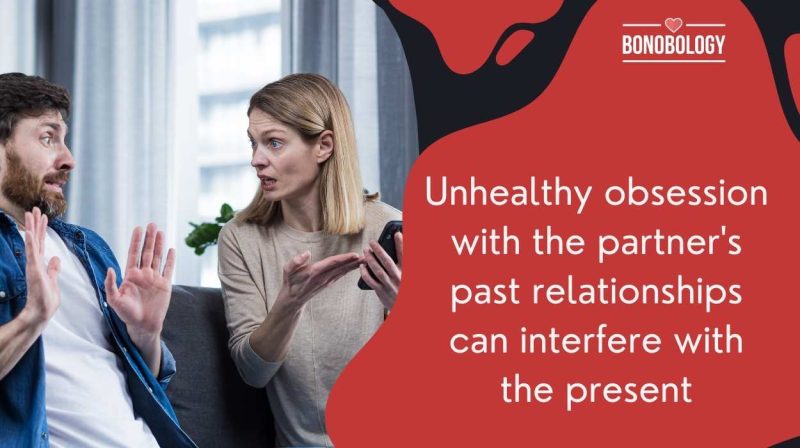





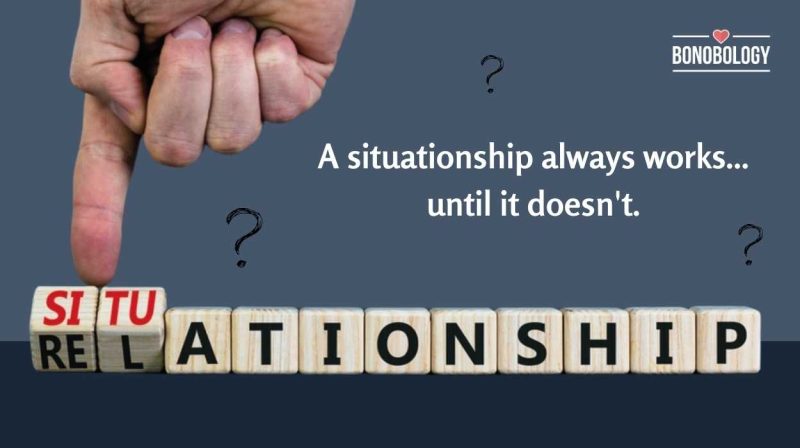

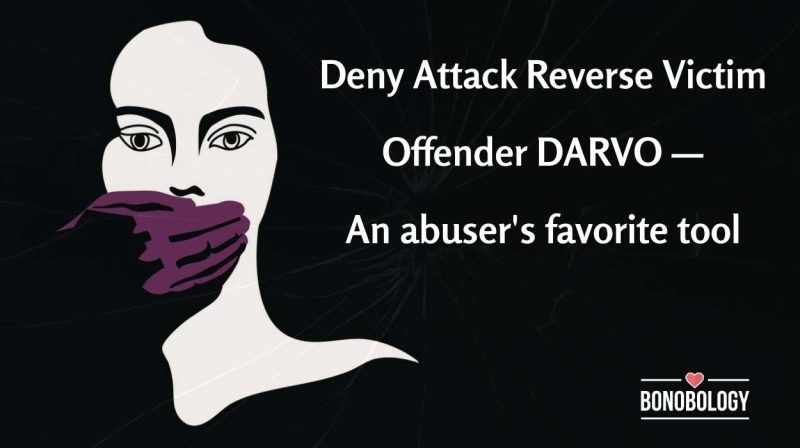
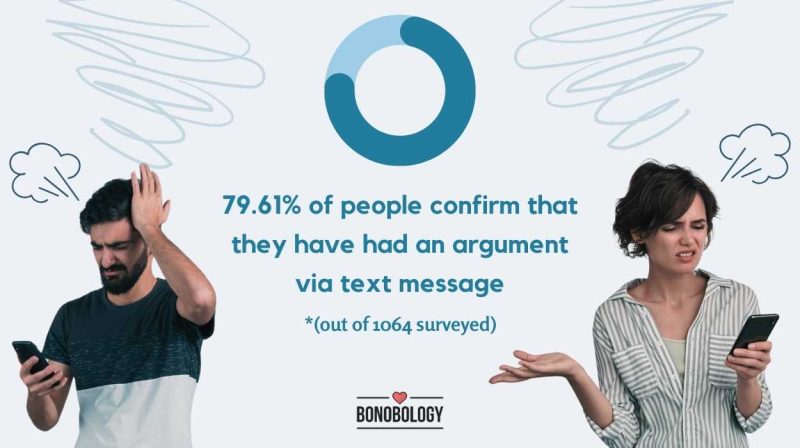
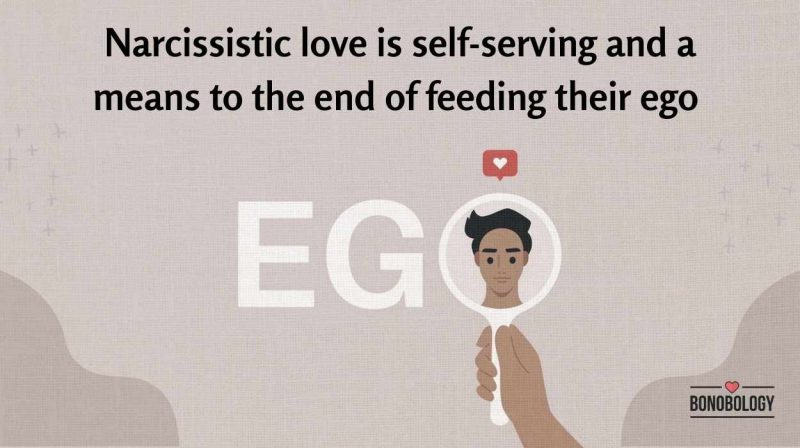
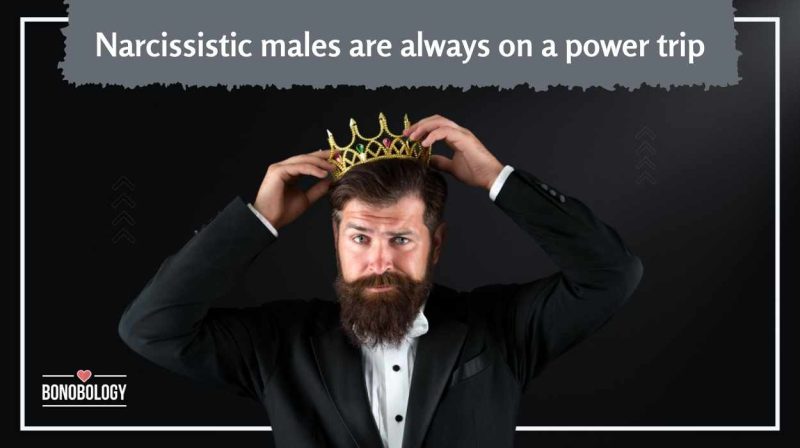
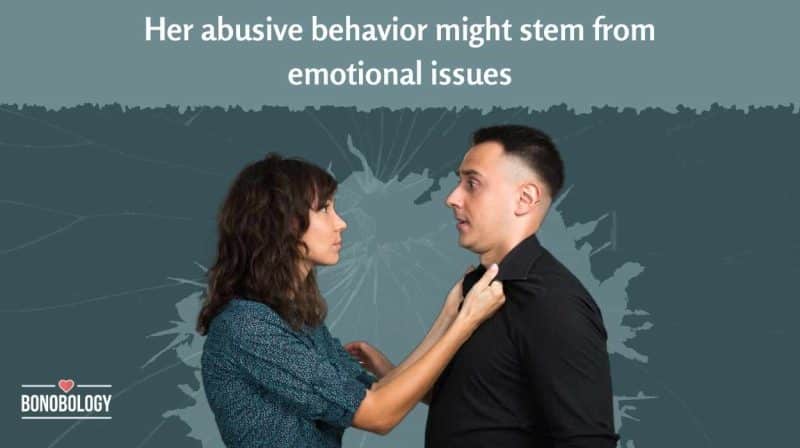
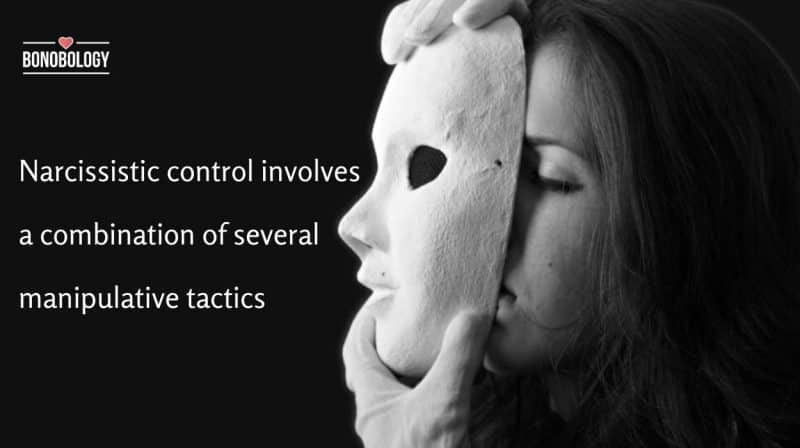
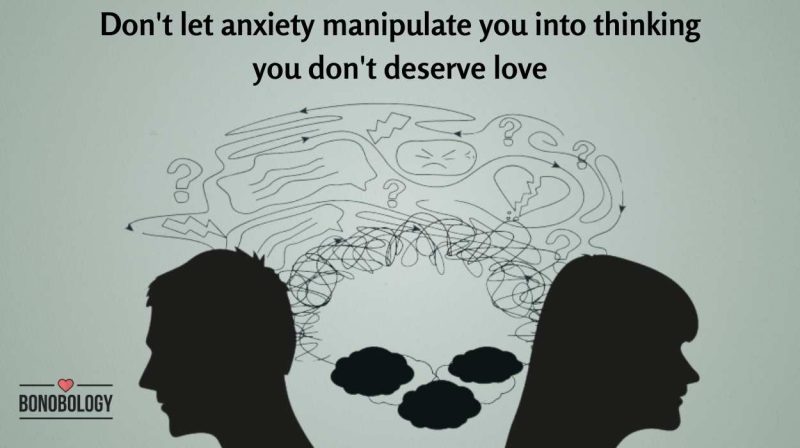
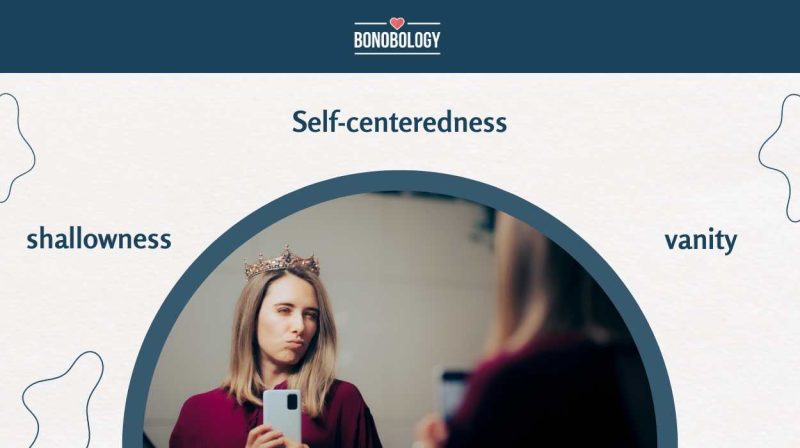
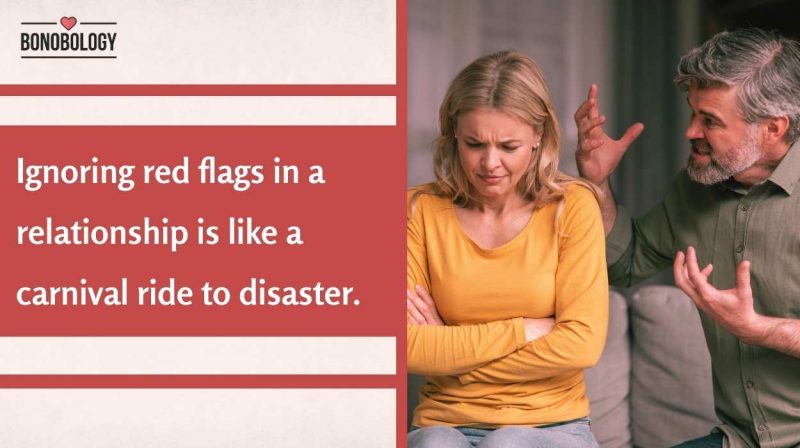
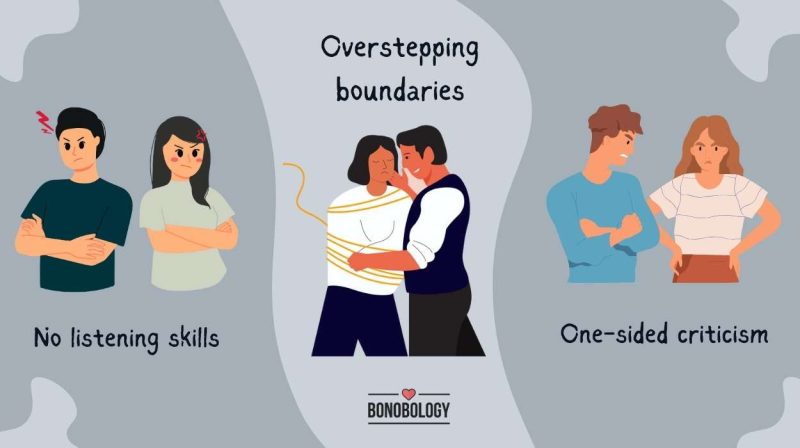
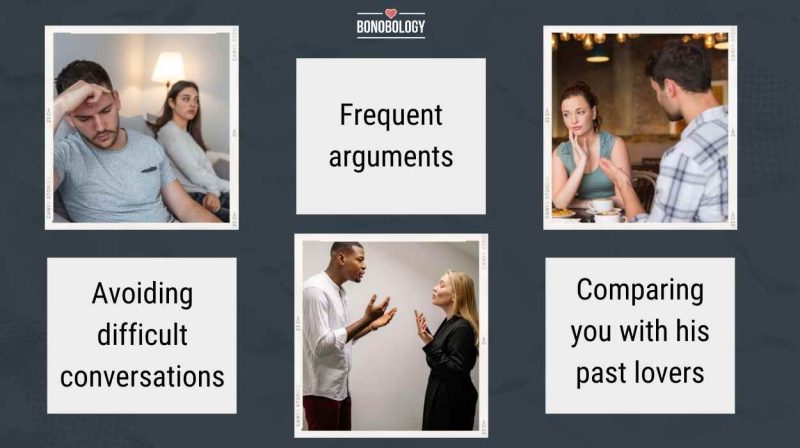
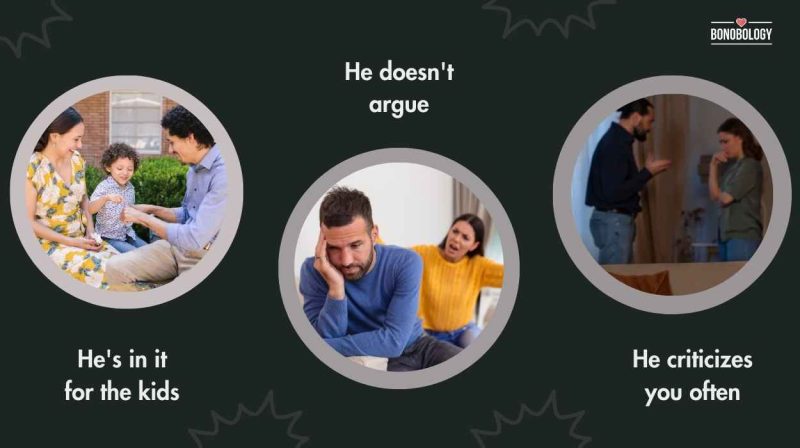


Featured
I Hate My Girlfriend: Why You Feel This Way And What To Do
When Health Challenges Affect Your Relationship Dynamics
5 Harsh But True Signs He’ll Never Marry You
21 Signs That You Are Alone In A Relationship
11 Situationship Red Flags You Should Know About
Why Do I Get Attached So Easily? 9 Possible Reasons and Ways to Stop
How To Respond To DARVO: Expert Lists 7 Strategies
What Is Fexting, And Why Is It Bad For Your Relationship?
Are Narcissists Capable Of Love?
11 Prominent Male Narcissist Traits to Watch For
Why Does My Girlfriend Hit Me? Expert Shares 11 Possible Reasons And Ways To Cope
How Does A Narcissist React When They Can’t Control You?
“My Anxiety Is Ruining My Relationship”: 6 Ways It Does And 5 Ways To Manage It
13 Distinctive Traits Of Female Narcissists Revealed
Recognizing The 13 Red Flags Of A Controlling Relationship
What Are The Examples Of Narcissistic Behavior In A Relationship?
11 Signs He Is Forcing Himself To Love You
21 Signs The Relationship Is Over For Him and How To Deal With It
21 Stages Of A Narcissistic Relationship With An Empath
Understanding Hysterical Bonding: What It Is And Why It Happens